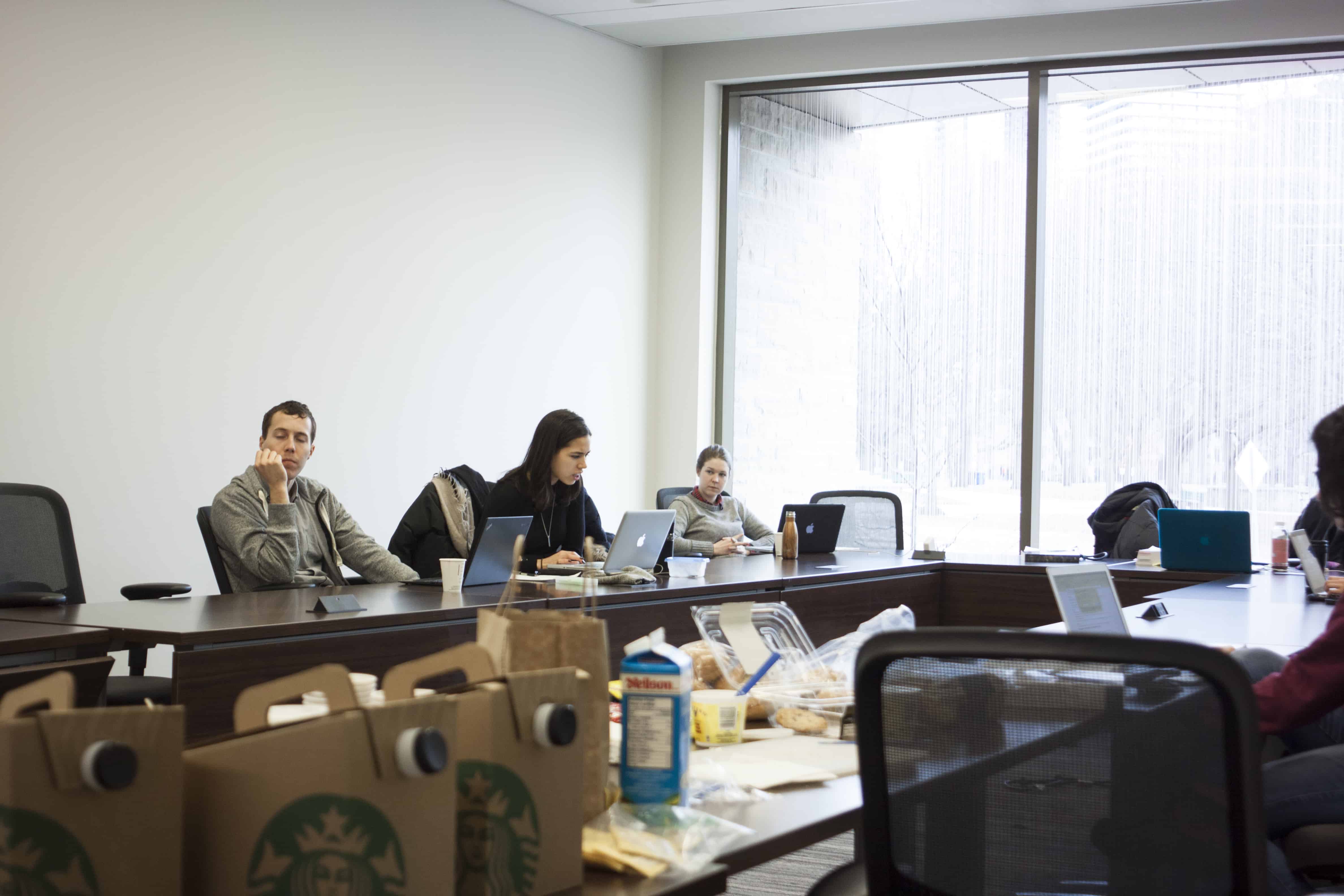Approximately 700 students and faculty from all 22 law schools across Canada spent Saturday researching ways to challenge the Safe Third Country Agreement (STCA), a Canada-US treaty that prevents refugees from making a claim in Canada if they landed in the US or vice-versa.
The coordinated effort, which began at McGill University’s law school in Montreal, comes in the wake of statements by Canadian Immigration Minister Ahmed Hussen that the government would not consider suspending the pact, despite pressure from immigration advocates who fear that US President Donald Trump’s immigration-related executive orders and memoranda may prevent refugees from having their cases assessed in either country.
Hussen maintains that since the travel ban imposed by Trump’s executive order — which prevents entry from seven Muslim-majority countries — does not make changes to the asylum system of the United States, there is no reason for Canada to reconsider the pact.
The executive order was blocked by a Seattle federal judge on Friday — a decision that was promptly appealed by the Trump administration.
For Adil Abdulla, first-year student at U of T’s Faculty of Law, the research initiative is a matter of pursuing fairness: “We as law students have an obligation to ensure that people get access to the due process of law and the STCA essentially means that some refugees are simply not going to get their claims adjudicated fairly.”
When the travel ban was active, STCA could have meant that a refugee from one of the banned countries would be denied entry to Canada from the US, “at which point they would be extradited back to the country they were fleeing,” Abdulla explained.
Abdulla said he is among approximately 50 researchers from U of T’s law faculty who are participating.
“We’ve got people not just who are law students, but alumni and profs so it’s getting a bit bigger,” he noted.
The initiative is being supported by the Canadian Council for Refugees. Abdulla describes three primary aims of the project: to generate awareness and pressure the government to suspend the STCA; to develop a way to challenge the STCA in the courts; and to raise funds in furtherance of the first two aims.
Abdulla acknowledged that if the initiative comes to a court challenge, the process to get there will be lengthy. “I think that no matter how late this comes it’s important that it be done. At the end of the day there is going to be a constant stream of people who are going to be affected by this,” he said.
Abdulla’s personal history is a motivator for his involvement in the initiative. His parents were refugees who fled the abusive regime of Idi Amin, the former leader of Uganda. “Had Canada not been accommodating to refugees at that time I would not be here,” he said.
The energy and motivation among the participants, as well as the magnitude of the national effort, lend Abdulla some optimism: “Getting to work with people across the country who care deeply about this issue has been really heartening — seeing that there is at least some sort of response to the xenophobia and Islamophobia that we’ve seen in Canada and in the US,” he said.


